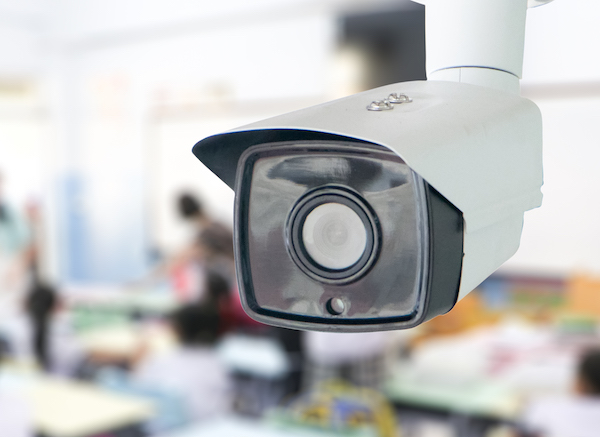A coalition of more than 40 civil rights organizations has written a letter to the U.S. Department of Education expressing concern about the use of surveillance technology in K12 schools. They believe that the use of this technology can lead to increased police presence in schools, greater police contact with students, exclusionary discipline, and school pushout, especially affecting marginalized communities like Black, Brown, and Indigenous youth.
The letter calls for a ban on the use of federal funds for surveillance technologies and urges the agency to divest discretionary appropriations from funding police surveillance hardware. It also recommends providing technical guidance to support school districts in conducting audits to ensure the legal compliance of AI and big data technologies. In addition, the letter suggests studying surveillance tools and other algorithmic technologies to understand the risks they pose to public schools.
However, several states have already taken steps to address the misuse of surveillance technology in public schools, such as banning facial recognition technology. Nevertheless, the authors of the letter argue that more action is needed to protect students, families, and educators from the harmful effects of school surveillance technologies. They call on the Department of Education to take immediate action to end the dangerous transformation of America’s public schools.
The coalition emphasizes that surveillance technology can have detrimental effects on students’ mental health and academic performance. Moreover, it can create an environment where students feel unsafe and violated, which can lead them to drop out or disengage from their education altogether.
Therefore, it is crucial that policymakers take action now to prevent further harm caused by these technologies. The coalition’s recommendations could serve as a starting point for addressing this issue at both local and national levels.
In conclusion, it is vital for policymakers to prioritize students’ safety and well-being when making decisions related to surveillance technology in K12 schools. The coalition’s call for immediate action should be heeded if we want our children growing up in an environment where they feel safe and supported.


